Good News
Cornwall to Bid for City of Culture
Cornwall has announced its intention to bid for City of Culture 2025 in a move that would put the UK’s cultural spotlight on the far South West for a year. The official announcement comes at the end of the G7 Summit of world leaders which has been taking place in Carbis Bay on Cornwall’s Atlantic coast.
The plan has the backing of creative personalities and cultural organisations across Cornwall and beyond, including actor and writer Dawn French, national Tate director Maria Balshaw, the Eden Project, Falmouth University, Hall for Cornwall, Newlyn Art & The Exchange Gallery and many more.
The competition to find the City of Culture 2025 was launched by UK Culture Minister Oliver Dowden two weeks ago. The winner of the four-yearly contest will pick up the baton from Coventry, which predicts a £110m investment dividend from being this year’s host.
For the first time, groups of towns will be able to join together and apply for the title to be awarded to their area, which means Cornwall is eligible to bid. Cornwall has long been a crucible of artistic excellence, with a concentration of creative activity usually only found in cities, fired both by the incredible landscape and a distinctive cultural identity borne out of its Celtic roots.
For the last 25 years leaders in Cornwall have committed to supporting cultural regeneration as a means to improve the social and economic fortunes of the region. The City of Culture accolade would help to recognise that long term commitment to art and culture.
Cornwall to bid for City of Culture 2025 watch their promotional video here
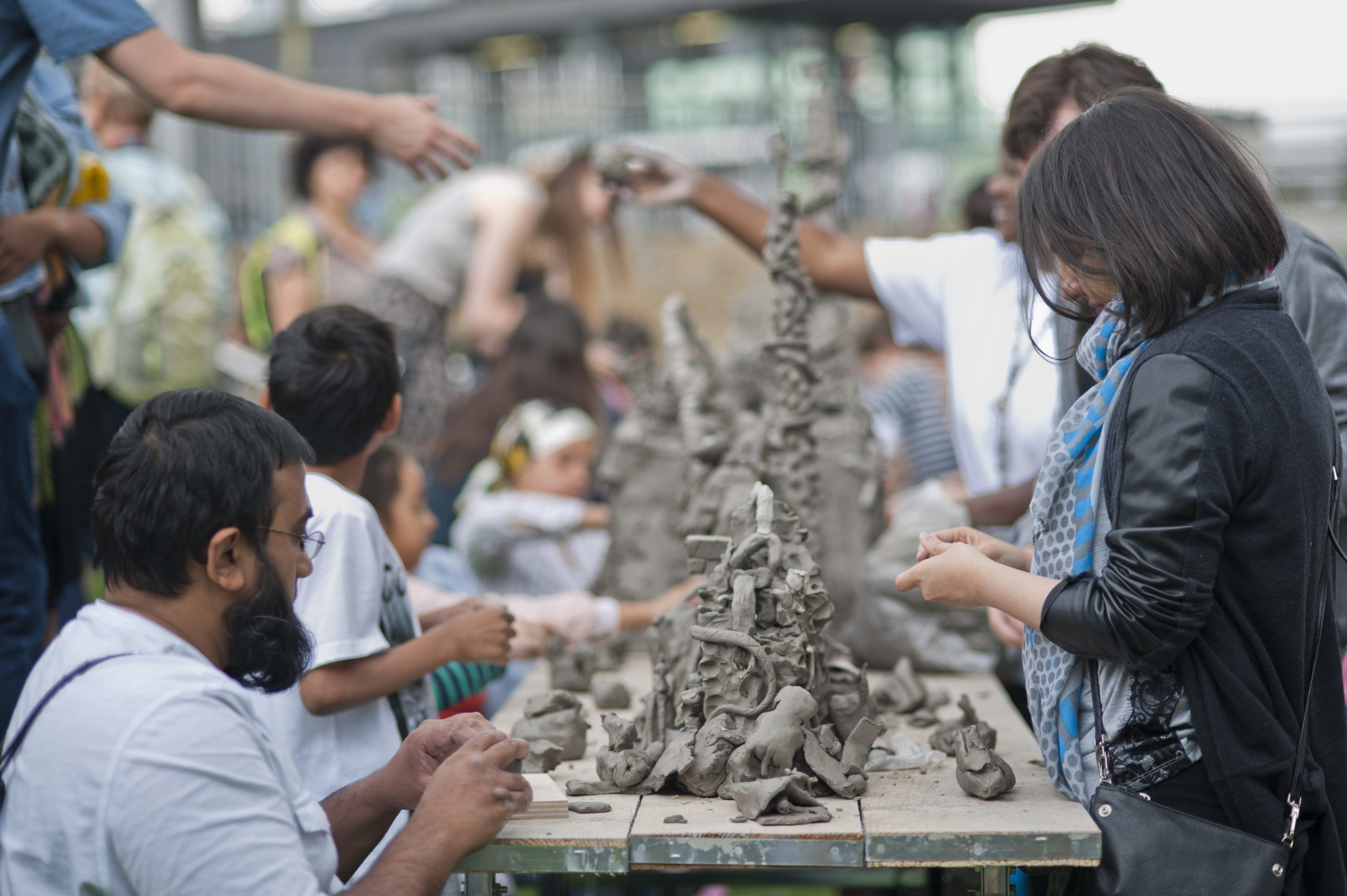
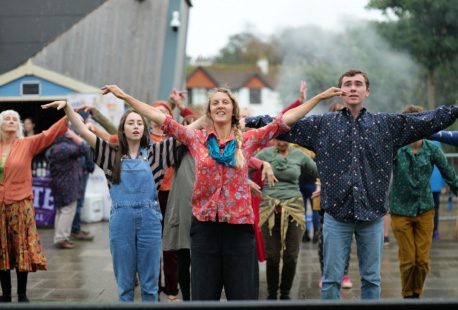
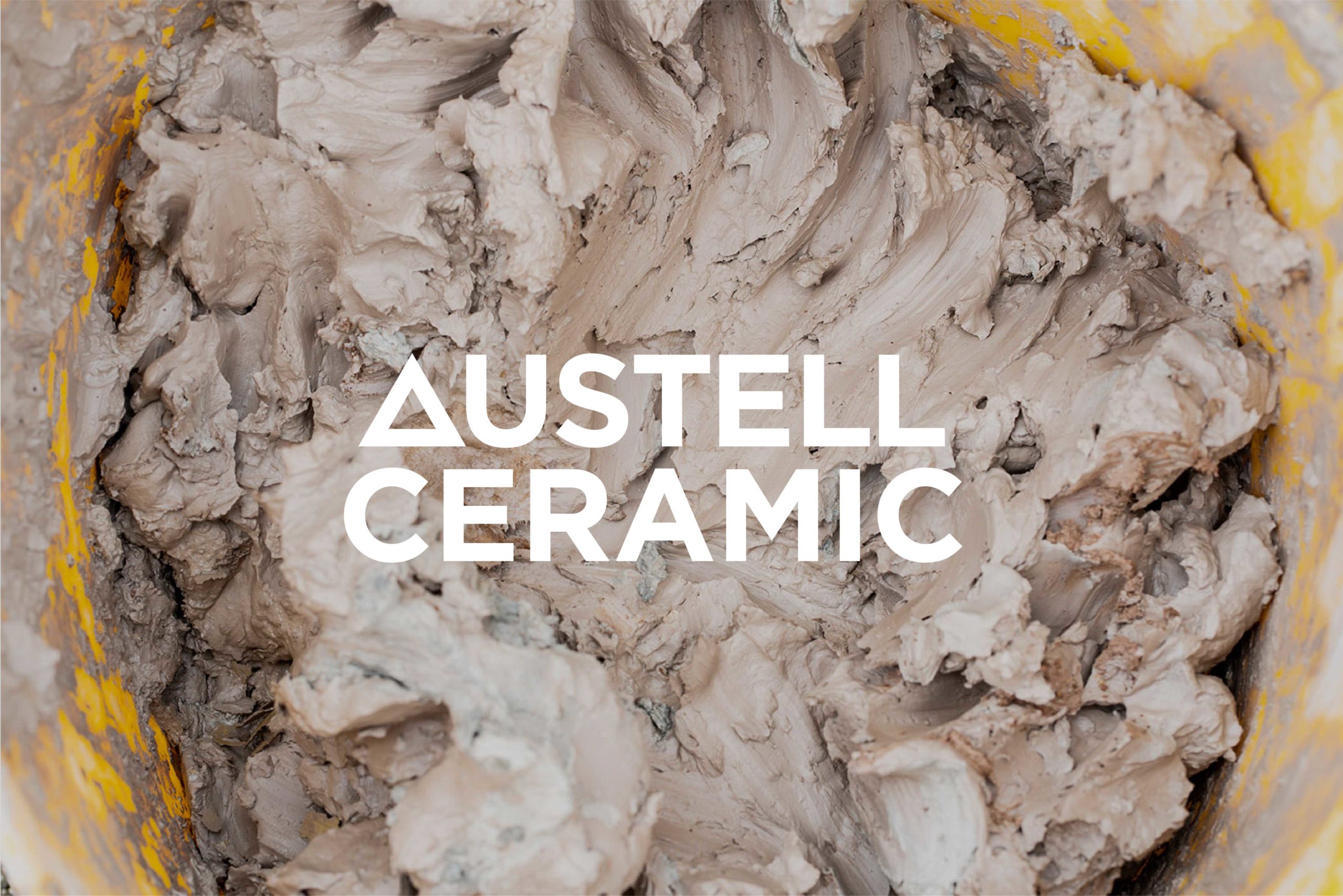
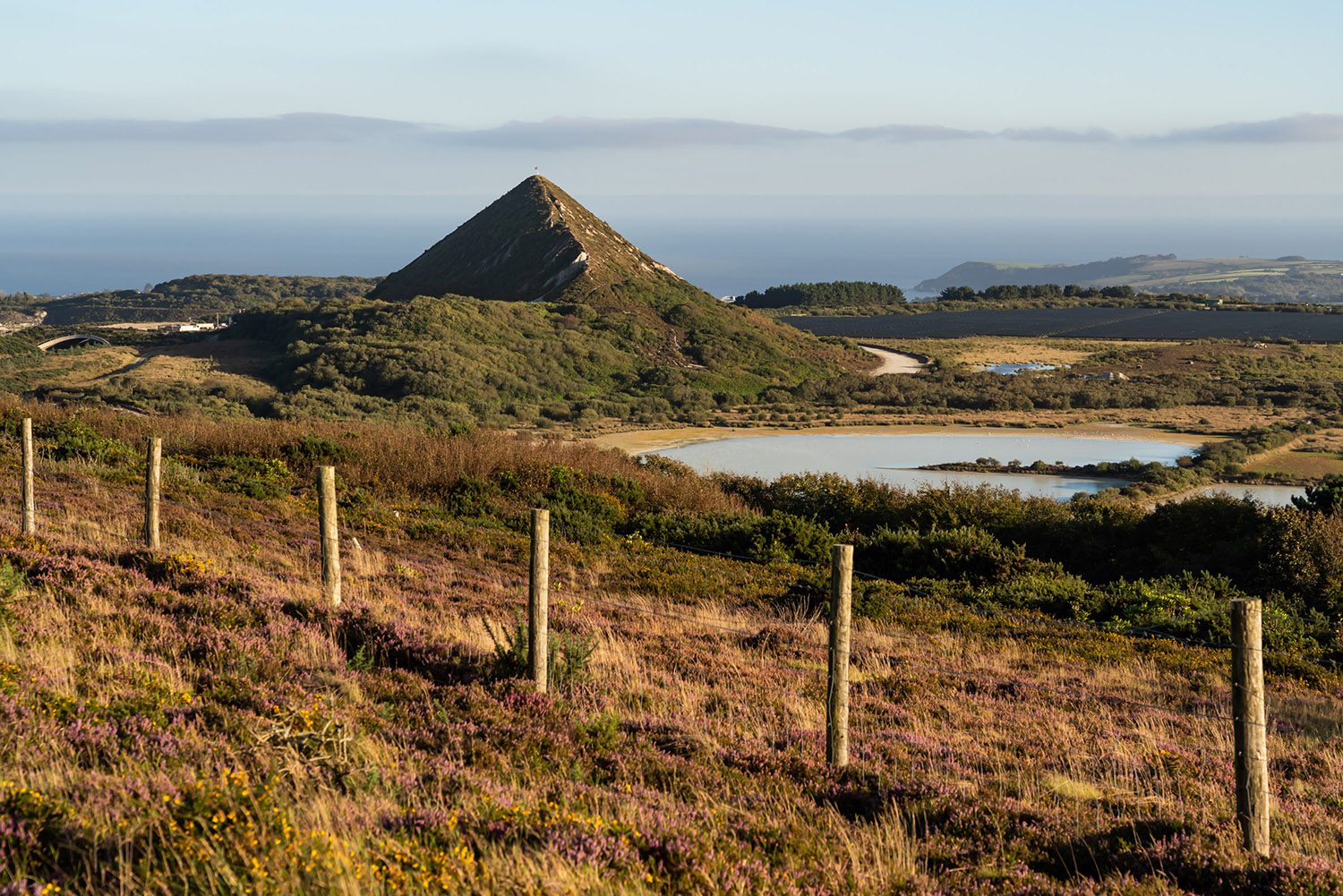
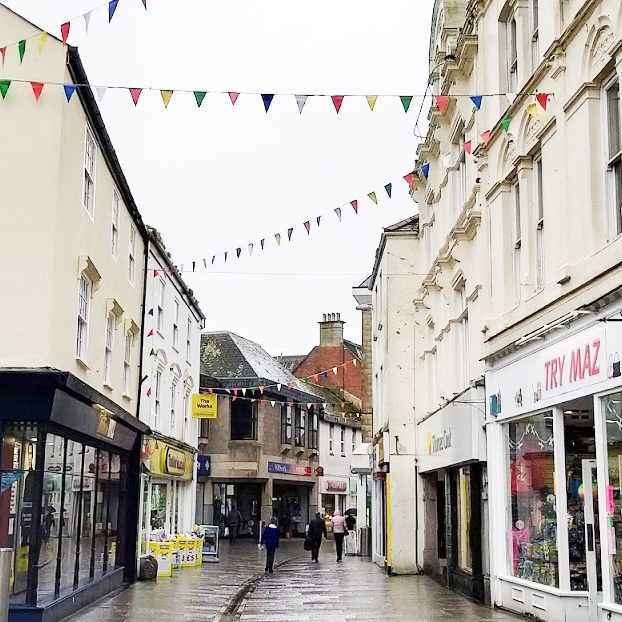

Share on social
---